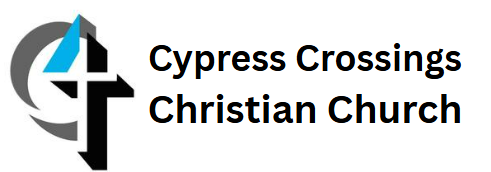Defense of the Divine - The Bible's Credibility Part 1
1. The differences aren’t contradictory; they’re complimentary.
As they were going out, they met a man from Cyrene, named Simon, and they forced him to carry the cross. (Matthew 27:32)
So the soldiers took charge of Jesus. Carrying his own cross, he went out to the place of the Skull (which in Aramaic is called Golgotha). There they crucified him, and with him two others—one on each side and Jesus in the middle. (John 19:16-18)
“Don’t be alarmed,” he said. “You are looking for Jesus the Nazarene, who was crucified. He has risen! He is not here. See the place where they laid him. But go, tell his disciples and Peter, ‘He is going ahead of you into Galilee. There you will see him, just as he told you.’” Trembling and bewildered, the women went out and fled from the tomb. They said nothing to anyone, because they were afraid. (Mark 16:5-8)
Jesus died. He was buried. He resurrected.
2. Textual variants exist in the text, but don’t alter the message of the text.
Blessed are you when people hate you when they exclude you and insult you and reject your name as evil, because of the Son of Man. (Luke 6:22)
“Blessed are you when people hate you and when they exclude you and revile you and spurn your name as evil.” (Luke 6:22)
3. If we are confident in the reliability of the Bible - read it!
But in your hearts revere Christ as Lord. Always be prepared to give an answer to everyone who asks you to give the reason for the hope that you have. But do this with gentleness and respect (1 Peter 3:15)
All Scripture is God-breathed and is useful for teaching, rebuking, correcting and training in righteousness, so that the servant of God may be thoroughly equipped for every good work. (2 Timothy 3:16-17)
